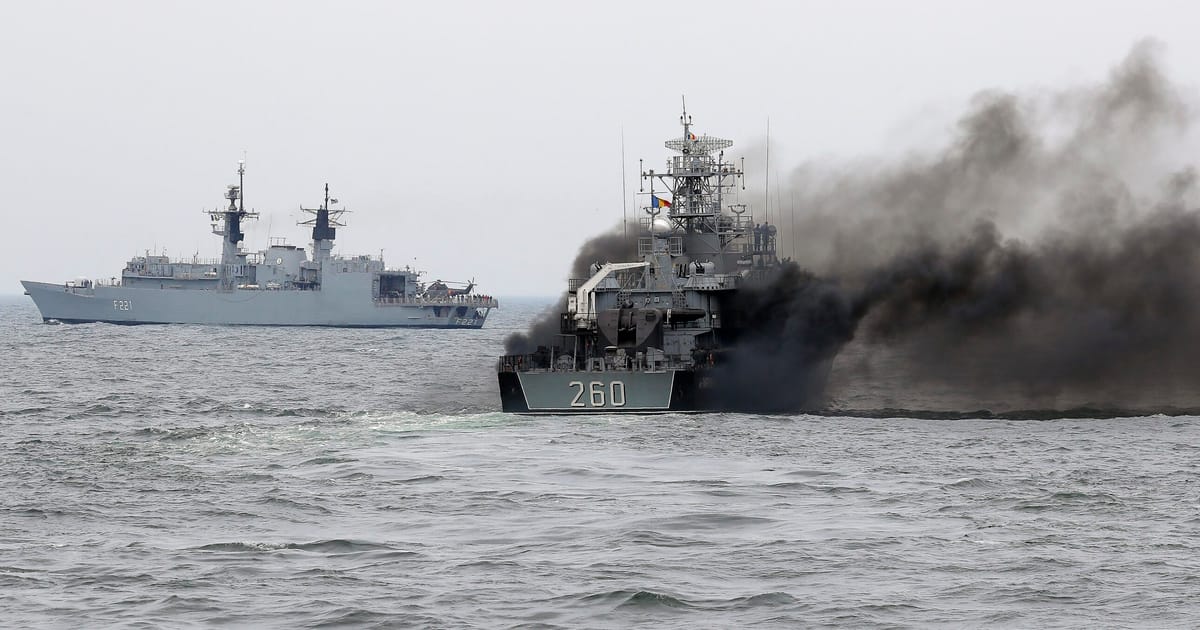The Black Sea region has been destabilized by Russia’s invasion of Ukraine, as the large-scale use of mines and military actions hindered the flow of goods. Separately, Eastern European countries fear further aggression from Moscow beyond Ukraine, and want to ramp up their defensive capabilities.
Romania and Bulgaria are the EU countries on the Black Sea coast and the bloc will invest in upgrading regional infrastructure, such as ports, railways and airports, to handle heavy military equipment. This will help to ensure “troops can be where they are needed when they are needed,” Kallas said.
Previously, European Transport Commissioner Apostolos Tzitzikostas said it would cost around €75 billion to upgrade transport infrastructure for military use across Europe.
The EU also plans to establish a Black Sea Maritime Security Hub, which will serve as Europe’s early warning system in the region. Kallas said the hub will raise situational awareness and help the EU protect its critical infrastructure. The location of the hub, its operational model and costs are still to be determined, she added.
Another security move is an increased monitoring of foreign ownership of ports and other key facilities, Kallas said.
On trade, the EU will develop new energy corridors, transport links and digital infrastructure with regional partners, according to Kos. The bloc will also invest in the preparedness of coastal communities and the marine economy to deal with war-related environmental damage and respond to climate change risks.
“Around the world, countries are now looking for cooperation with the reliable and predictable partners, which the EU is,” Kos said. “Such partnerships will make us collectively more secure and create business opportunities for everyone.”
The Commission underlined Ukraine, Moldova, Georgia, Turkey, Armenia and Azerbaijan as partners it wants to forge closer ties with through the new strategy.
